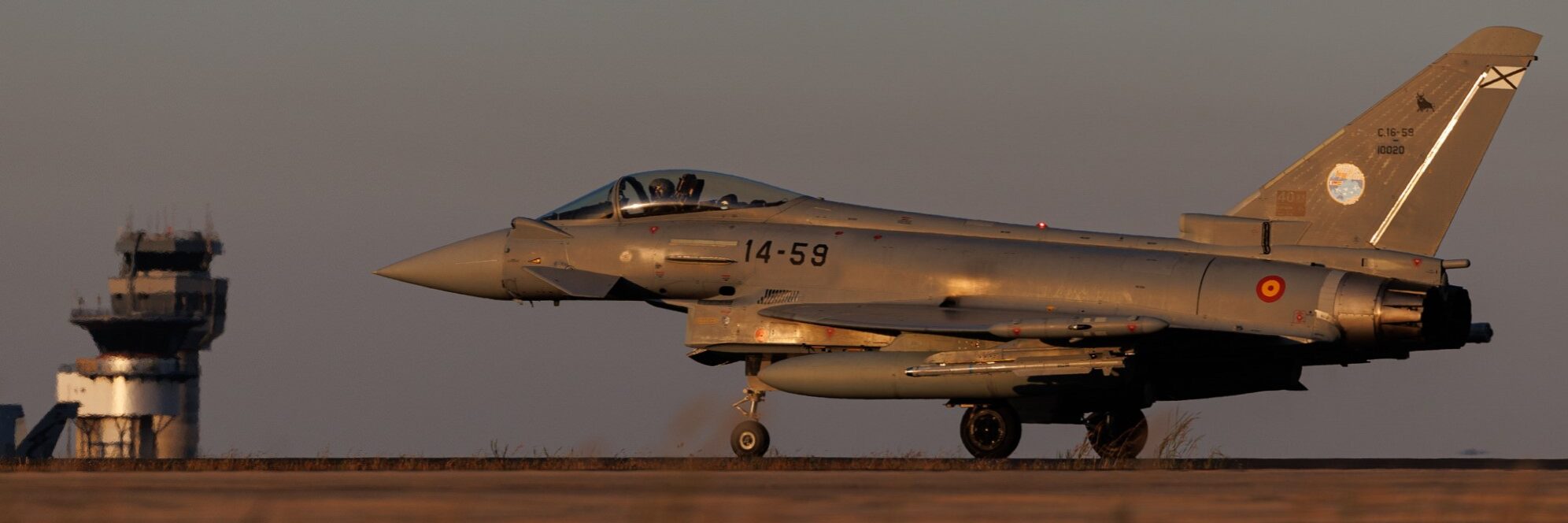A German air force Eurofighter Typhoon at RAAF Base Darwin earlier this year. Photo: Department of Defence
Australia has backed NATO condemnation of North Korean involvement in Russia’s war on Ukraine and sharing of nuclear weapons technology.
A European-Atlantic alliance, NATO says North Korea’s decision to send combat troops in the central European country has implications for the Indo-Pacific region, of which Australia is a part of.
“The deepening military co-operation between Russia and (North Korea) deeply impacts Euro-Atlantic security, with implications also for the Indo-Pacific,” a statement from NATO says.
“… the thousands of combat troops deployed by the DPRK (North Korea) constitutes a dangerous expansion of its ongoing support for Russia’s illegal war of aggression against Ukraine.”
The statement was supported by Australia, New Zealand, Japan, South Korea and Ukraine.
Australian Foreign Affairs Minister Penny Wong said in a statement last week that North Korean involvement marks “a dangerous expansion of the conflict, with serious consequences for European and Indo-Pacific peace and security”.
She also highlighted worries about Russia sharing nuclear and missile secrets with North Korea.
“We are deeply concerned about the potential for any transfer of nuclear or ballistic missile-related technology from Russia to the DPRK …. we urge the DPRK to stop providing assistance to Russia’s war of aggression,” she said.
“We reaffirm our unwavering commitment to support Ukraine … we are working with our international partners for a co-ordinated response to this new development.”
The NATO statement says that greater military co-operation between Russia and North Korea is a breach of many UN Security Council resolutions.
“Russia’s statement on September 26 asserting that the denuclearisation of the DPRK is ‘off the table’ is unacceptable,” NATO says.
“The Russian statement forms part of its wider effort to undermine the global non-proliferation regime and to dismantle UN sanctions.”
“NATO will continue to work with its partners, in particular in the Indo-Pacific, to … prevent Russia … from undermining regional and global stability.”
DRONE STRIKES
Meanwhile, Ukraine carried out its largest-ever drone strike on Moscow on Sunday (local time), deploying at least 34 drones.
The Russian Defence Ministry confirmed the attack in an online post and claimed to have intercepted 29 drones.
The strike followed an earlier Russian attack: Ukrainian President Volodymyr Zelensky posted online that Russia had launched 145 drones into Ukraine the night before.
Kyiv said it shot down 62 of the Russian drones.
Zelensky said that Russian forces had escalated their use of guided bombs and missiles in their attacks on civilians in Ukraine.





